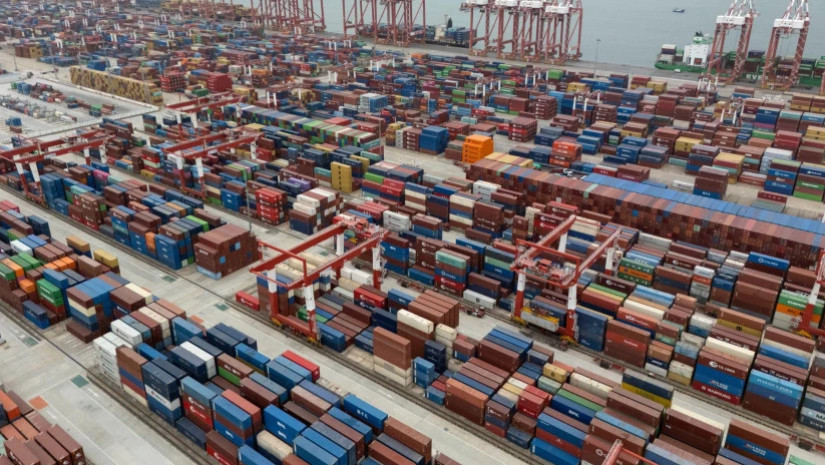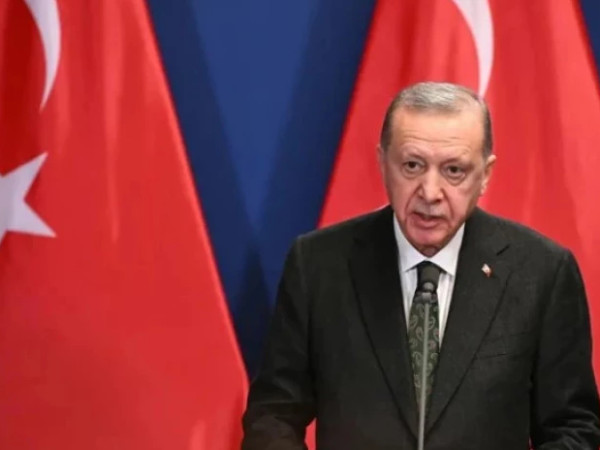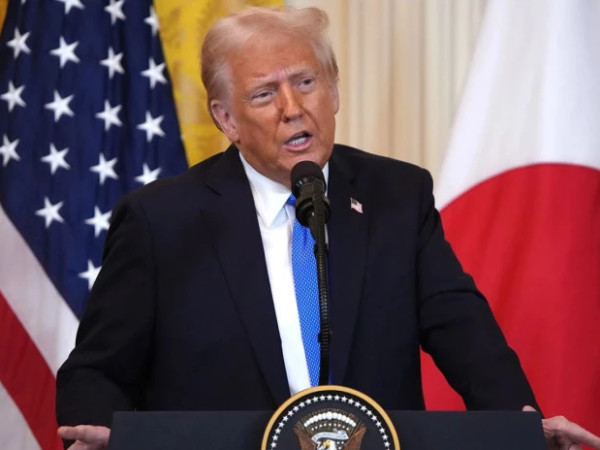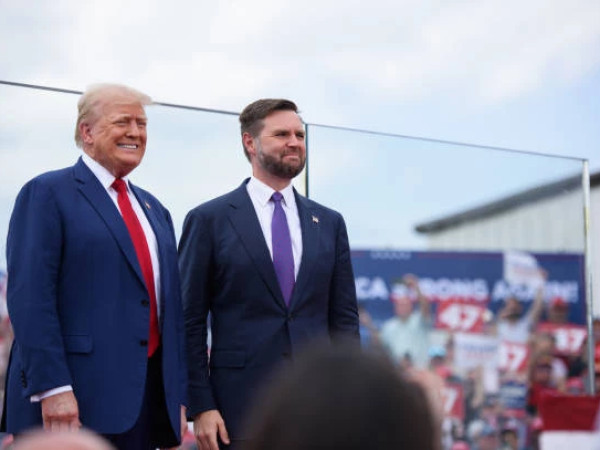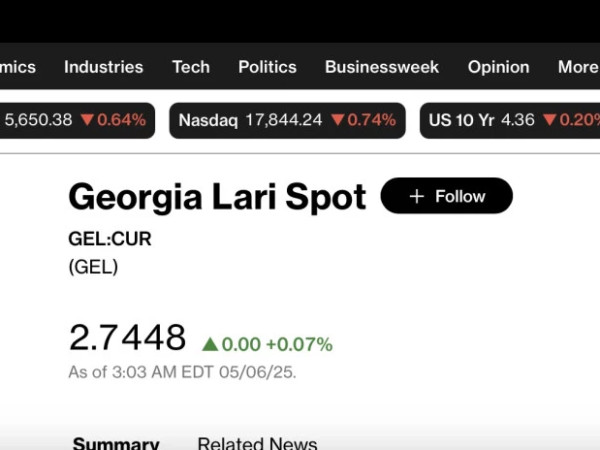China has quietly started to exempt some US goods from tariffs that likely cover around US$40 billion (S$51.9 billion) worth of imports, in what looks like an effort to soften the blow of the trade war on its own economy.
A list of exempted US products covering 131 items such as pharmaceuticals and industrial chemicals has been circulating among traders and businesses over the past week. Some of these products were previously reported by Bloomberg.
It is unclear where the list came from and it has not been officially confirmed, but at least half a dozen companies in China have been able to bring in goods from the list without paying tariffs, according to people familiar with the matter, who asked not to be identified discussing confidential information.
The 131 items are worth about US$40 billion, or around 24 per cent of Chinese imports from the US in 2024, Bloomberg calculations based on China Customs data show.
The move echoes steps taken by the Trump administration to exempt smartphones and other electronics from its own “reciprocal” tariffs, including the 145 per cent tariffs on China. Those US exemptions apply to about US$102 billion, or roughly 22 per cent, of US imports from China in 2024, according to estimates by Mr Gerard DiPippo, associate director of Rand China Research Centre.
The notion that China’s exemptions largely mirror the US ones suggests this is more of a strategic move to match Washington’s actions rather than purely a goodwill gesture. It also points to Beijing’s priority of shielding its own economy from the fallout of the trade war.
There are tentative signs the US-China trade stand-off could be shifting. The Chinese Commerce Ministry said on May 2 that it is assessing the possibility of trade talks with the US, giving a lift to equity markets.
“The US has recently sent messages to China through relevant parties, hoping to start talks with China,” the ministry said in a statement released during a national holiday. “China is currently evaluating this.”
The list of exemptions is said to be dynamic and will be continuously adjusted depending on China’s needs, according to people familiar with the matter. More products may be added, while some could be removed if China manages to find substitutes, said one of the people.







